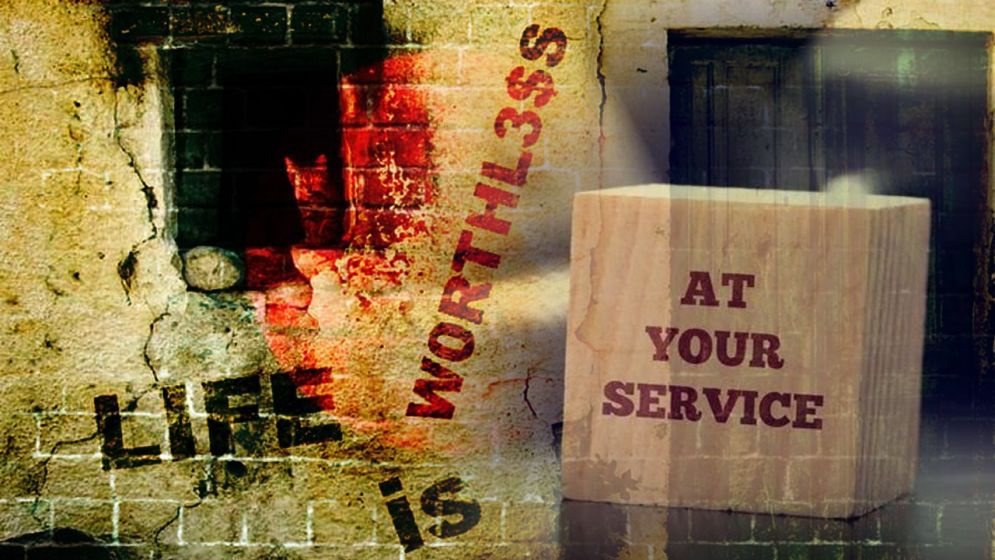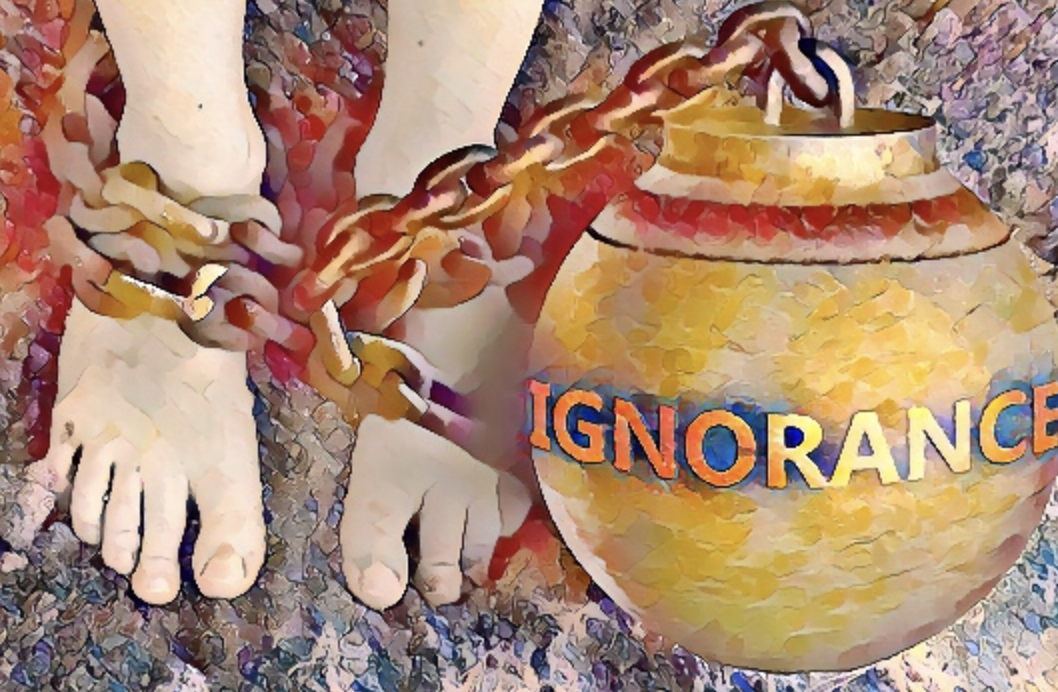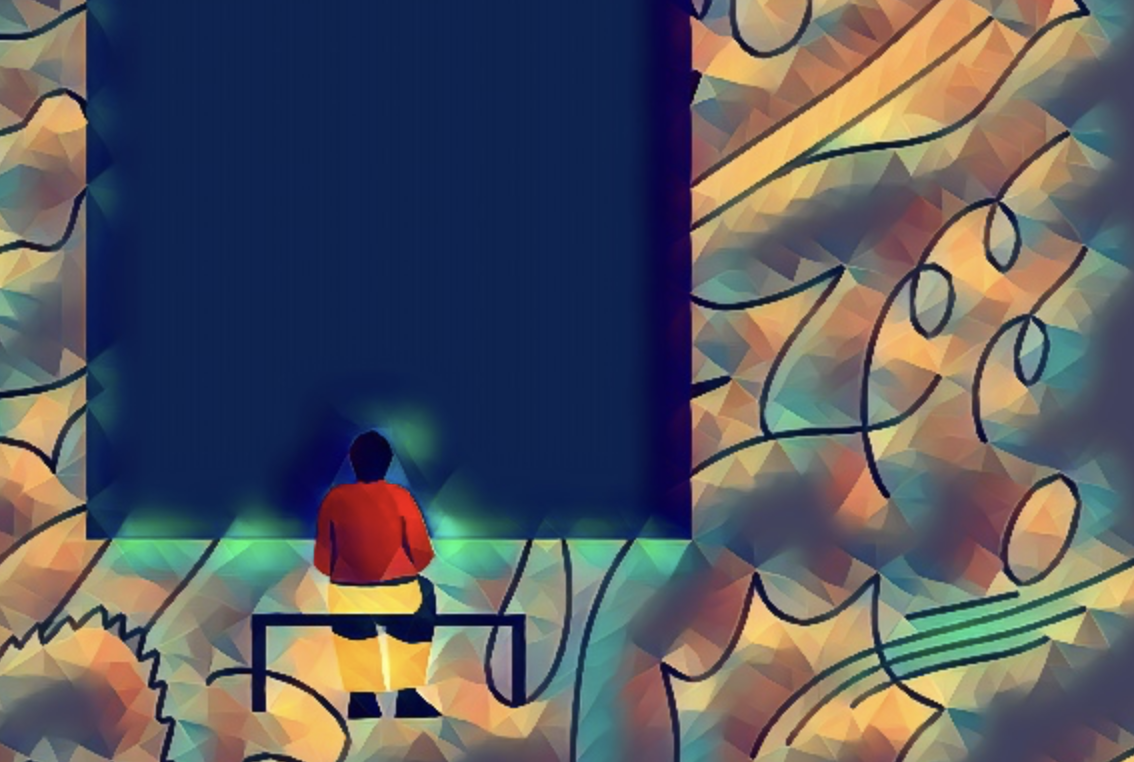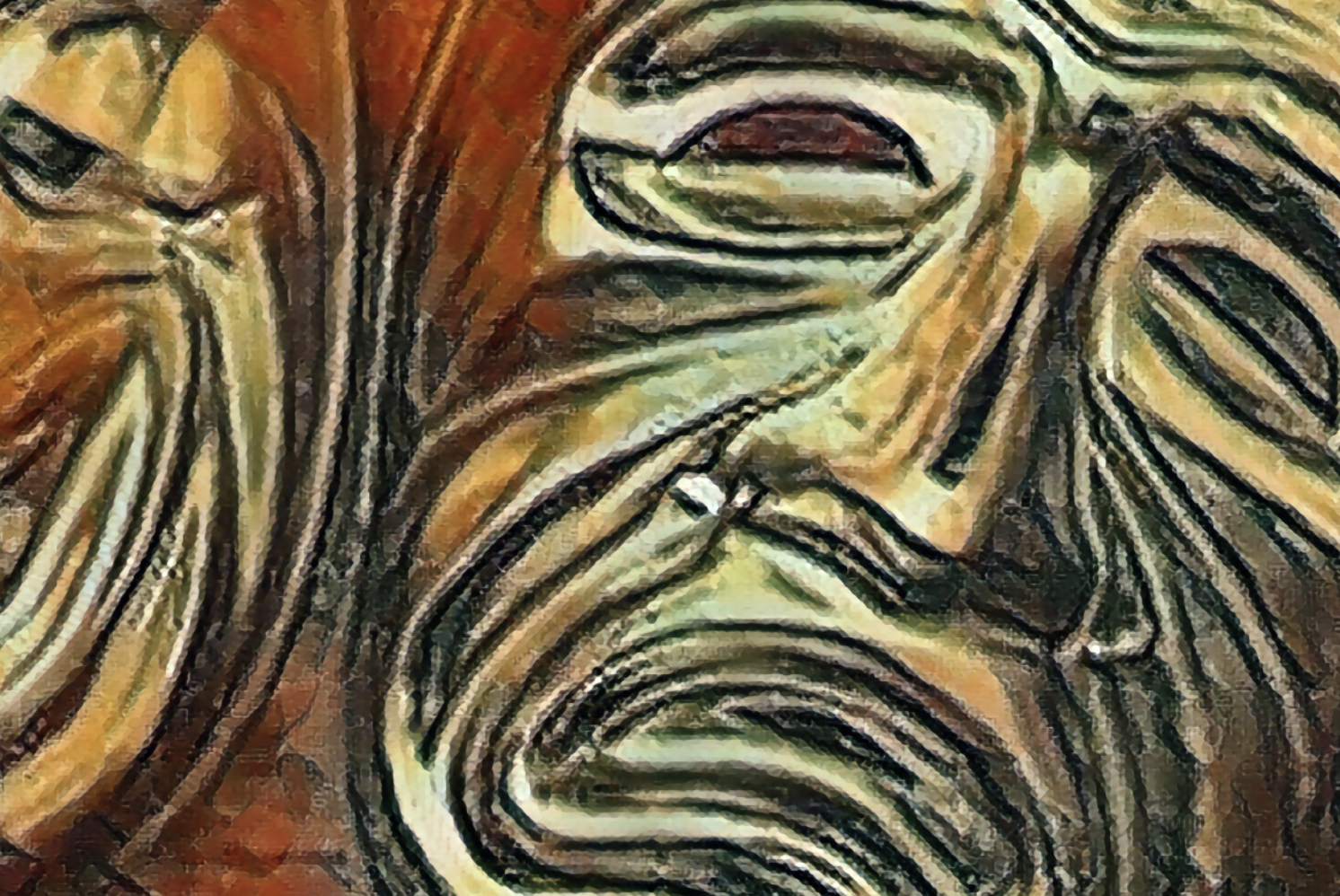Bangladesh’s dangerous disregard for those who serve…

In Bangladesh, nearly every profession that creates genuine social value–journalists, teachers, doctors, and laborers alike–operates under some form of threat. To see where this danger lies, let me begin with my own field: medicine.
A few years ago, I was sent to a border area for professional duty. There was no government vehicle to take me there, as policy promised, so I paid out of pocket for a series of CNG rides and auto-rickshaws.
On my way back, a Border Guard soldier smirked at me: “Sir, you’re an officer and you came in a rickshaw? We, even as soldiers, get a car.”
I laughed and told him the truth. His job, like that of the police and the army, is deemed “urgent” to the state. Guns and batons keep order; bureaucrats and judges hold the power to fine, imprison, and shut down businesses. So they are given cars, protection, and perks.
We, doctors, save lives. But saving lives is not seen as urgent. That is why our government leaves us behind.
This neglect has consequences. When I served in a rural hospital, emergency duty was nothing short of terrifying. Imagine a silent night broken by crickets–and suddenly, a swarm of 30 or 40 people flooding into the hospital compound, angry and armed with words that could turn into blows.
Often it was a land dispute, sometimes a poisoning. Inside, it was only me, a health assistant, and a ward boy or guard. We pleaded with police for night patrols. Not once did they come.
And so I often wondered: if doctors truly mattered to the state, would we be left so exposed, like orphans at the mercy of mobs? Are cantonments, secretariats, or DC offices ever left this unguarded? The answer is obvious. Never.
This is why politicians in Bangladesh can attack doctors so casually, without offering real or constructive criticism. It’s not just carelessness–it’s structural. Healthcare simply does not count as important in the country’s political calculus.
Bureaucrats, bankers, and the armed forces are never spoken of so lightly because they are essential to the machinery of power. Healthcare is not.
And the public, instead of resisting this narrative, too often cheers it on. When ministers mock doctors, people clap, mistaking humiliation for accountability. They don’t see the deeper insult–that those same ministers dismiss the healthcare system because they themselves never rely on it.
For them and their families, treatment is always abroad. The local system is a prop, a stage set for populist sound bites.
This is the cruel irony: the very people who depend on doctors the most celebrate when we are demeaned. They don’t recognize that the erosion of healthcare is their own loss, not ours.
In Bangladesh, the lives of those who serve–whether doctors, teachers, NGO workers, or journalists–are made expendable, because the state does not see value in what it cannot weaponize for power.
Bangladesh’s ministers and advisers treat the country’s healthcare system as a farce because they view the lives of its people as a farce. No matter how seriously you take your family, your work, your own fragile existence–within the machinery of the Bangladeshi state, your life is a joke.
Shakespeare’s words capture it perfectly: “a tale told by an idiot, full of sound and fury, signifying nothing.”

Why such disregard?
To understand why, one must grasp the operational logic of the state. Its primary function is not to safeguard its citizens but to serve global capital, selling the blood and sweat of garment workers and migrant laborers to the world.
Alongside that, it must maintain just enough order so that the machinery does not collapse and people do not entirely lose faith. Within that logic, the lucky few–bureaucrats, generals, loan-defaulting industrialists, and career politicians–inhabit a paradise.
The rest of us live in something closer to a field of Gehenna [refers to the Valley of Hinnom, a physical location outside Jerusalem that became a metaphor for hell in Jewish and Christian traditions].
This is the absurd contract we all live under. We perform our work with grave seriousness, yet our seriousness is always one decree away from exposure as theater. What we build can be ridiculed or dismantled overnight.
The July uprising tore away the veil. The government turned its guns on its own citizens, bought with those very citizens’ taxes. Eyes, hands, and faces were blown apart. The wounded then flooded into Dhaka Medical College Hospital and NITOR, where government-salaried doctors extracted government bullets from the bodies of taxpayers.
Few scenes in recent memory have so perfectly revealed the grotesque irony at the heart of Bangladesh: the state that maims you also staffs the doctors who patch you back together.
And when Sheikh Hasina visited NITOR, she made the underlying contempt explicit. “No treatment, no discharge,” she declared. In that single sentence, the entire system was laid bare.
The message was unmistakable: these people–ordinary and disposable–are not lives worth saving.
Yet most doctors, and indeed most ordinary citizens, are not as deranged as the “accursed” Hasina. We carried on. We stitched wounds, set bones, worked shifts, and tried to preserve life in a system that had already mocked our effort as meaningless.
The only reason Bangladesh endures is because its people refuse to dwell too long on the absurdity and keep working in earnest anyway.
Sometimes, I prod my colleagues in public health with questions that unsettle them. What is the worth of a “National Tuberculosis Control Protocol” or a “Diabetes Guideline” in a country where the government can kill 1,500 of its own people in a single week and shut down the internet to hide it?
They bristle, but then I press further. Every day nearly 10,000 patients are admitted to Dhaka Medical. Thousands of doctors across medicine, surgery, gynecology, pediatrics sacrifice their safety, their families, their lives to treat them.
But if a fire or collapse were to consume the hospital tomorrow, killing everyone inside–would the government care? Did it care after Rana Plaza? Has it cared after any of our national tragedies?
If life itself is disposable, then what is the meaning of all this frantic labor to preserve it? That is the central absurdity of Bangladesh. We act as though our work matters. The state, again and again, reminds us that it does not.

Accepting absurdity without a fuss
My colleagues often bristle when I ask these questions. They think I’m unhinged. In a way, their annoyance reassures me. It means they haven’t yet absorbed the state’s true operational logic.
This country survives because most of us–my colleagues, myself included–deliberately pretend not to see it. If we confronted it fully, we might all meet the same fate as Joseph Conrad’s Kurtz in Heart of Darkness: consumed by the horror of seeing the colonial system’s machinery for what it really was.
Bangladesh’s core economy–trading in the flesh and sweat of its people–was cemented decades ago under neoliberal “adjustments.” What the Awami League did, in accelerating this machine of plunder, was strip away the pretense and expose the farce for everyone to see.
The challenge for the state’s survival is simple but grim: we must continue to act as if we don’t see it.
Consider education. When human lives are valued only as fodder for remittances, garment factories, or day labor, what purpose does arithmetic or chemistry serve? Why nurture minds if the system reduces people to disposable inputs and waste?
And why protect the teachers tasked with this work? For years, we maintained the fiction of a serious education system. But Awami League’s “Creative” curriculum, alongside its bizarre experiments with JSC and PSC exams, tore away the illusion.
The state itself revealed the education system as little more than theater.
The same logic extends to journalism. In theory, journalists exist to investigate, uncover truth, stand by the side of the oppressed and hold society to account.
But truth, as Hannah Arendt warned, is the first casualty in totalitarianism. “The ideal subject,” she wrote, “is not the convinced Nazi or the convinced Communist, but people for whom the distinction between fact and fiction, true and false, no longer exists.”
That is precisely what Bangladesh has cultivated. When citizens are treated as disposable, why would anyone pay for investigative reporting? Why would anyone invest in the search for truth?
What the system demands instead are propagandists and “yes-men” willing to echo the party line. Over the past sixteen years, the Awami League perfected this farce: not the defense of truth, but the glorification of lies.
And so the logic repeats itself–whether in hospitals, classrooms, or newsrooms. The state survives not by honoring the seriousness of our labor but by mocking it, exposing it as meaningless.
Our work becomes necessary only in the sense that it props up the illusion of a functioning society.

Living the farce
So, the reality of my thesis can be seen in every profession. Bangladesh does not need honest, thoughtful bankers; it needs bankers willing to funnel fake loans to party loyalists.
It does not need industrialists who create jobs, manufacture products, and serve a domestic market; it needs fraudsters who list empty apartments in Tikatuli as “business offices” to siphon billions.
It does not need regulators who ensure worker safety; it needs managers who perfect the recipe for halva made of workers’ blood and sweat. It does not need soldiers who defend the nation; it needs real-estate-dealing officers and magistrates who casually give shoot-on-sight orders.
Those the system requires are thriving. Those it does not are in peril. Survival itself has become the litmus test: if you prosper, it is because you serve the machinery of corruption; if you struggle, it is because you are pushing against it.
In Bangladesh today, anyone who tries to earn a living through honest work, or by serving others, finds themselves ground down.
Every honorable profession rests on a simple assumption–that human lives are valuable, and therefore worthy of service. The Bangladeshi state has made it its mission to assault that assumption.
Its thesis is that the people of Bangladesh are not valuable citizens but disposable refuse, the “wretched of the earth.”
And yet, against this logic, something astonishing endures. Teachers still teach, doctors still operate, journalists still write, laborers still build.
That we persist in believing lives matter, and in working as if they do, is itself miraculous–an eighth wonder of the world, as improbable as the Hanging Gardens of Babylon. Bangladesh still stands because, even after the Awami League exposed the farce of the system, its people continue to work with solemn seriousness.
But here lies the unresolved question: is survival alone enough? Is it truly a triumph to endure by sheer willpower while refusing to confront the core disease of the Bangladeshi state?
Is living with this terminal absurdity a victory, or merely a slow-motion defeat? We may not be able to answer that now. Perhaps the history books of the future will.
—
Mikail Hossain is a writer and analyst

